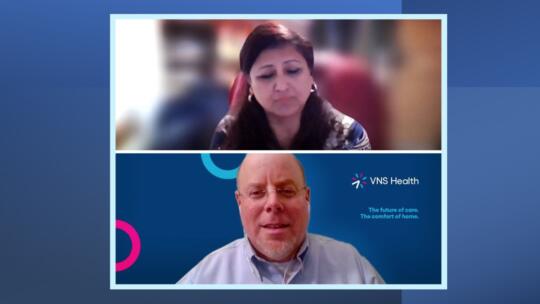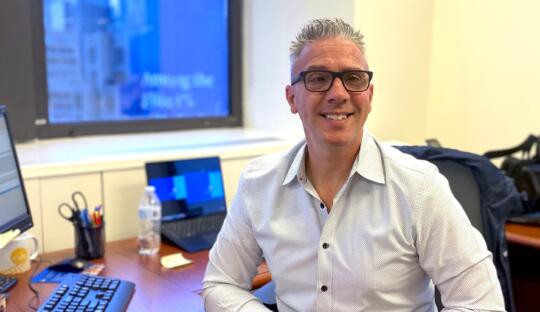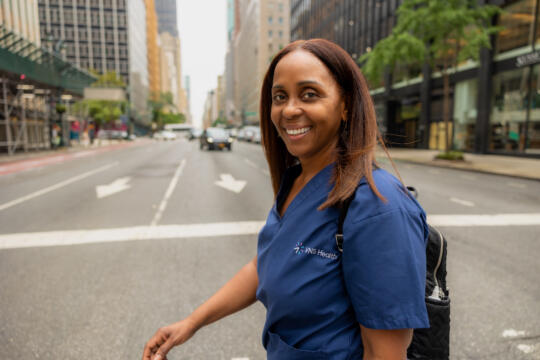Helping Bronx Students: A Day in the Life of Social Worker Keshia Lewis!
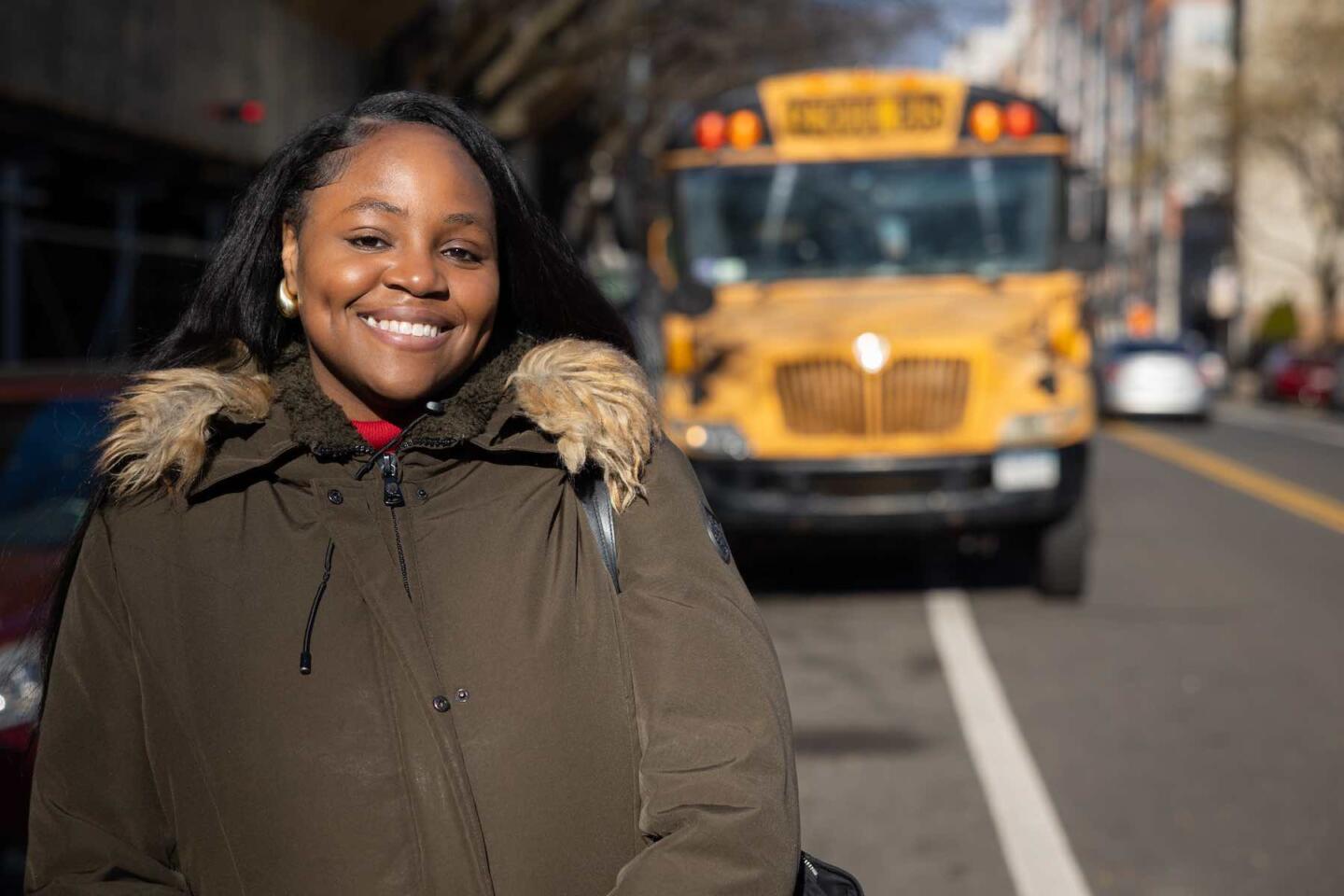
Welcome to “A Day in the Life”—the Frontline series that follows team members from different parts of VNS Health as they go about a typical day fulfilling our organization’s mission—to improve the health and well-being of people in the home and in the community.
Today, we feature a day in the life of… psychiatric social worker Keshia Lewis. Keshia oversees the Promise Zone, a program that provides short-term crisis support for children and adolescents with emotional and/or behavioral needs in nine Bronx elementary and middle schools. She sees clients for the Bronx FRIENDS Clinic in the afternoon as well. We asked Keshia to walk us through a typical day.
5:00 a.m.
My days are busy and start early. I wake up between 5:00 and 5:30 a.m. in order to get to the gym and work out, or just to use the time for some mindfulness before I start my day.
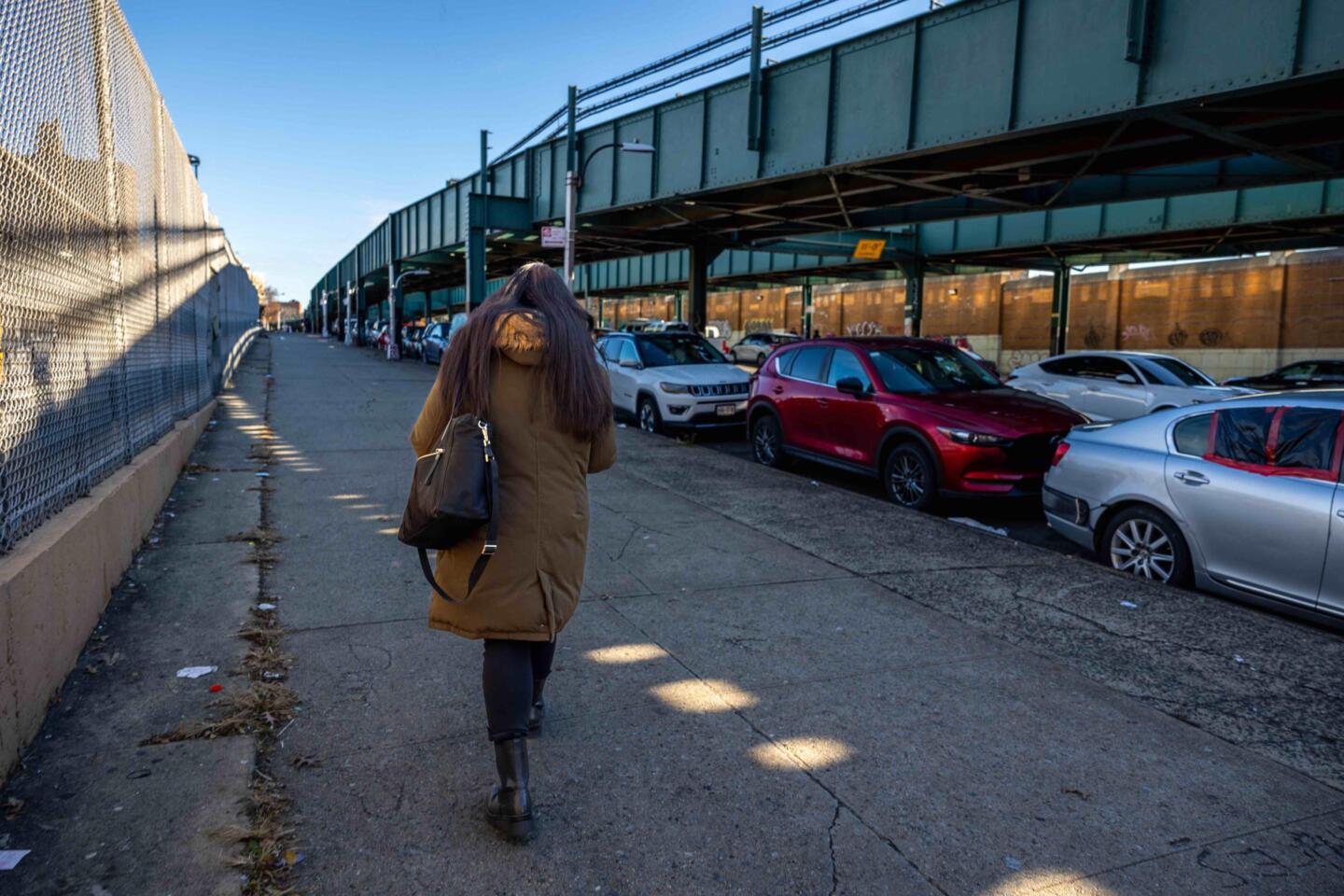
I live in the Bronx, and on any given day I’ll commute to one of the nine Bronx schools we serve. I don’t drive, and the schools are located all over the borough, so I have to factor in time for public transportation. That means no leisurely breakfast; maybe I’ll have a smoothie, or I’ll grab something along the way.
7:30 a.m.
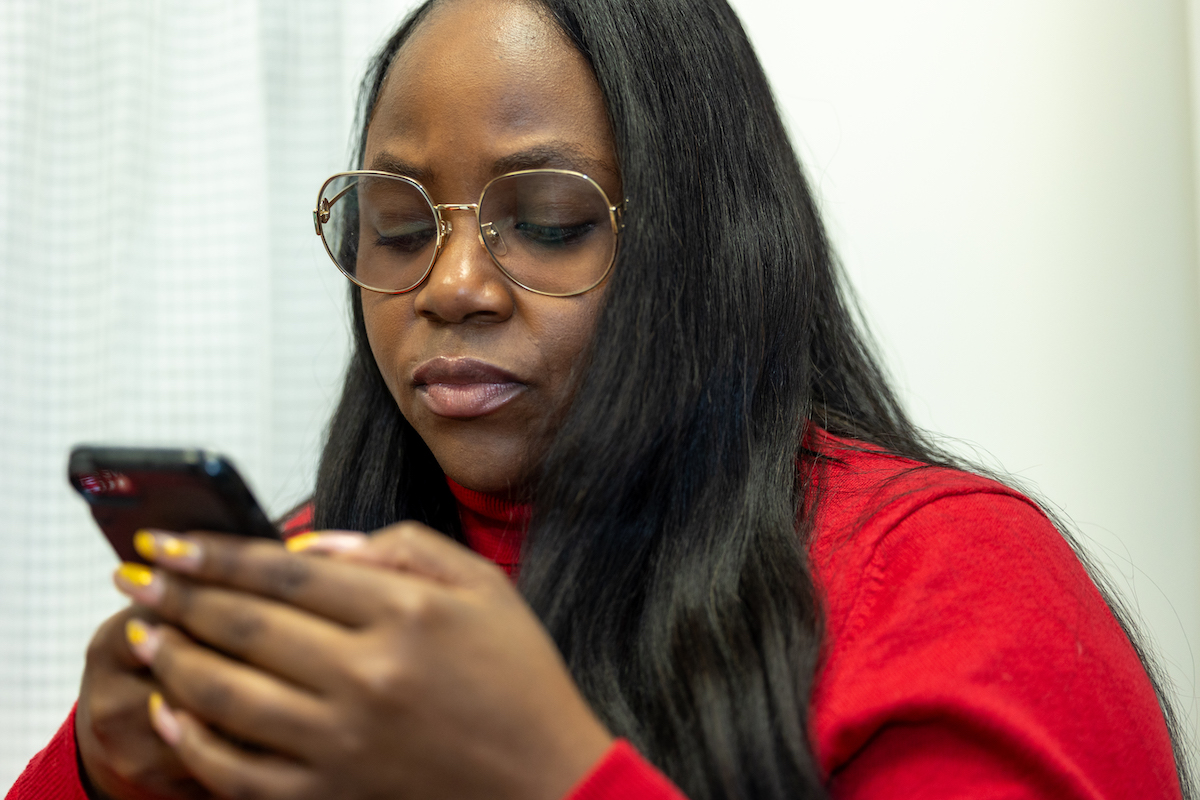
At most of the schools we operate in the day begins between 8:00 and 8:20 a.m., so I like to get to the school around 7:30 to prepare and get settled. The first thing I do is send a quick group-text check-in to my team of social workers throughout the different schools. It’s just a simple “good morning,” “stay warm,” “have a good day,” or a few motivational words.
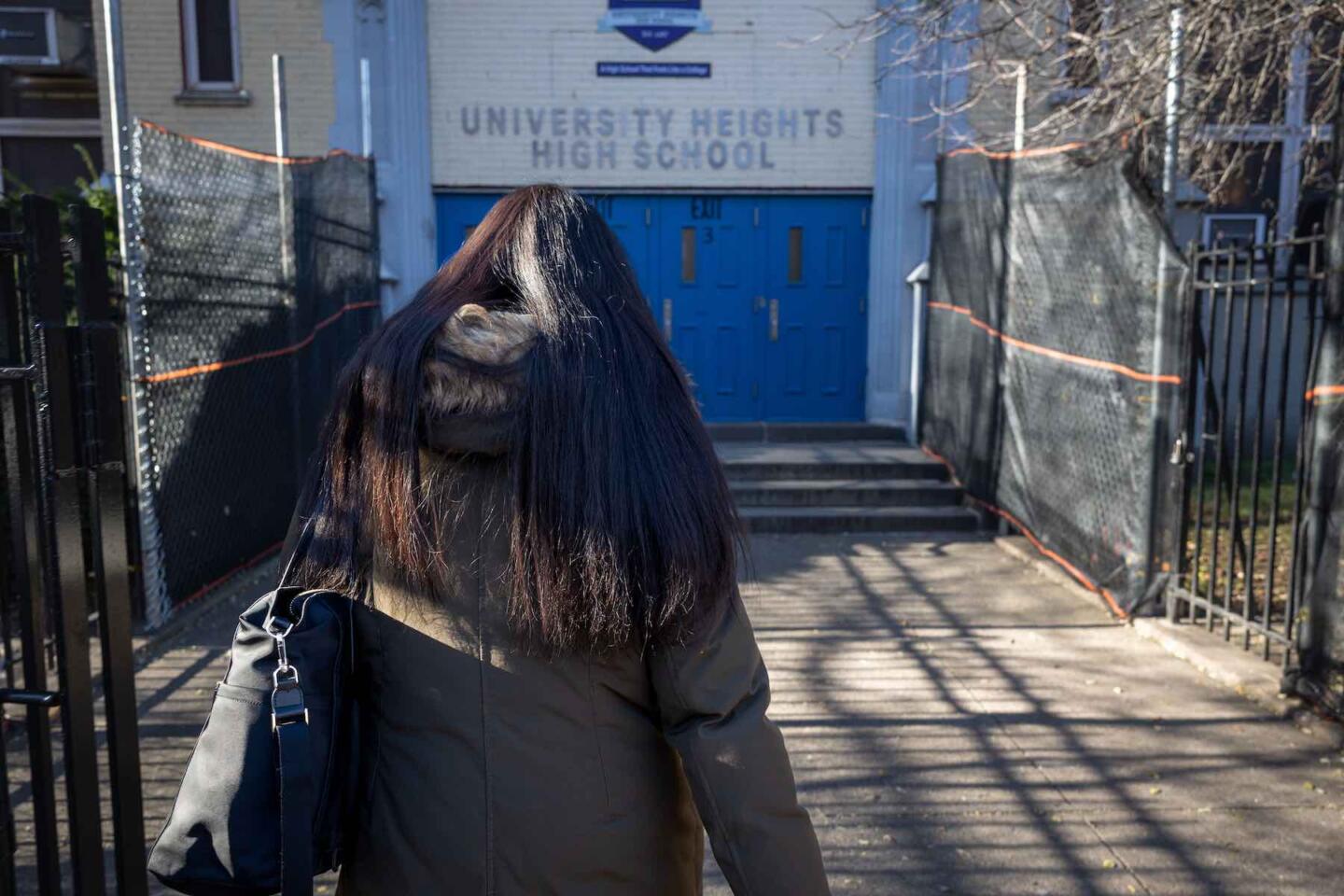
I visit all the schools, but it’s not a consistent rotating schedule—it’s based on need. If I have interns on site or I have to meet with a principal, or if there’s a behavioral-health crisis with a particular student, I might go to that school on that day. Sometimes, when one of my team members is having challenges with a difficult case, I’ll meet with the student and the team member to model some intervention, then we’ll have a discussion to see how we might incorporate some of those techniques into their practice going forward. I also do intakes, or I’ll shadow my team’s intakes. So the schedule of which school I’ll visit on a given day fluctuates.
8:20 a.m.
On the third Thursday of every month, we do a 15-minute Zoom workshop with all the teachers we’re working with. It’s kind of a mental health/wellness check-in, making sure that everyone’s okay. If specific issues are raised during this session, I’ll schedule a one-on-one meeting with that teacher for later so we can address them in depth.
11:00 a.m.
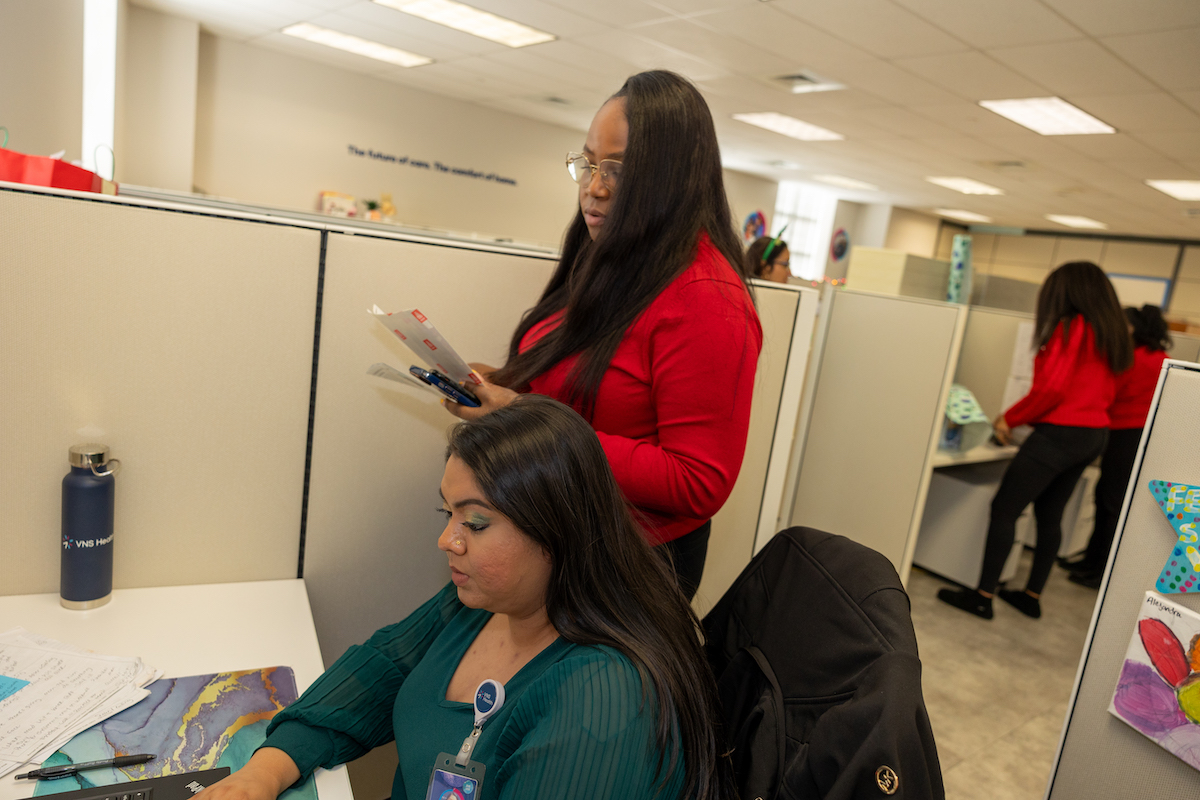
Every other Tuesday, we do an all-staff Zoom treatment meeting to talk about what’s going on in all the schools—it’s an overview, but we also discuss specific cases.
Every three months there’s also a quarterly Webex meeting with all the Promise Zone participants throughout New York State. That meeting is an hour and a half long. It’s a way to connect, see how everyone is doing, and talk about our different challenges and concerns. Ours is the only downstate Promise Zone program—all the others are located upstate—and we have unique issues. For instance, we have a much higher incidence of autism, especially in our kindergarten and first-grade students, so we talk about how to navigate those challenges.
Lunchtime
I don’t usually have lunch, but when I do it’s a quick bite at my desk. There’s always a lot going on all day long. I might be meeting with staff or kids, or helping a parent obtain resources or items they need for their home. We serve kids, which means serving families as well. As social workers, we’re advocates for the families, which is one of the best things about our program. When we help parents with their lives, we’re also helping the children. I wish Promise Zone existed in every borough of New York City. That’s our goal!
3:00 p.m.
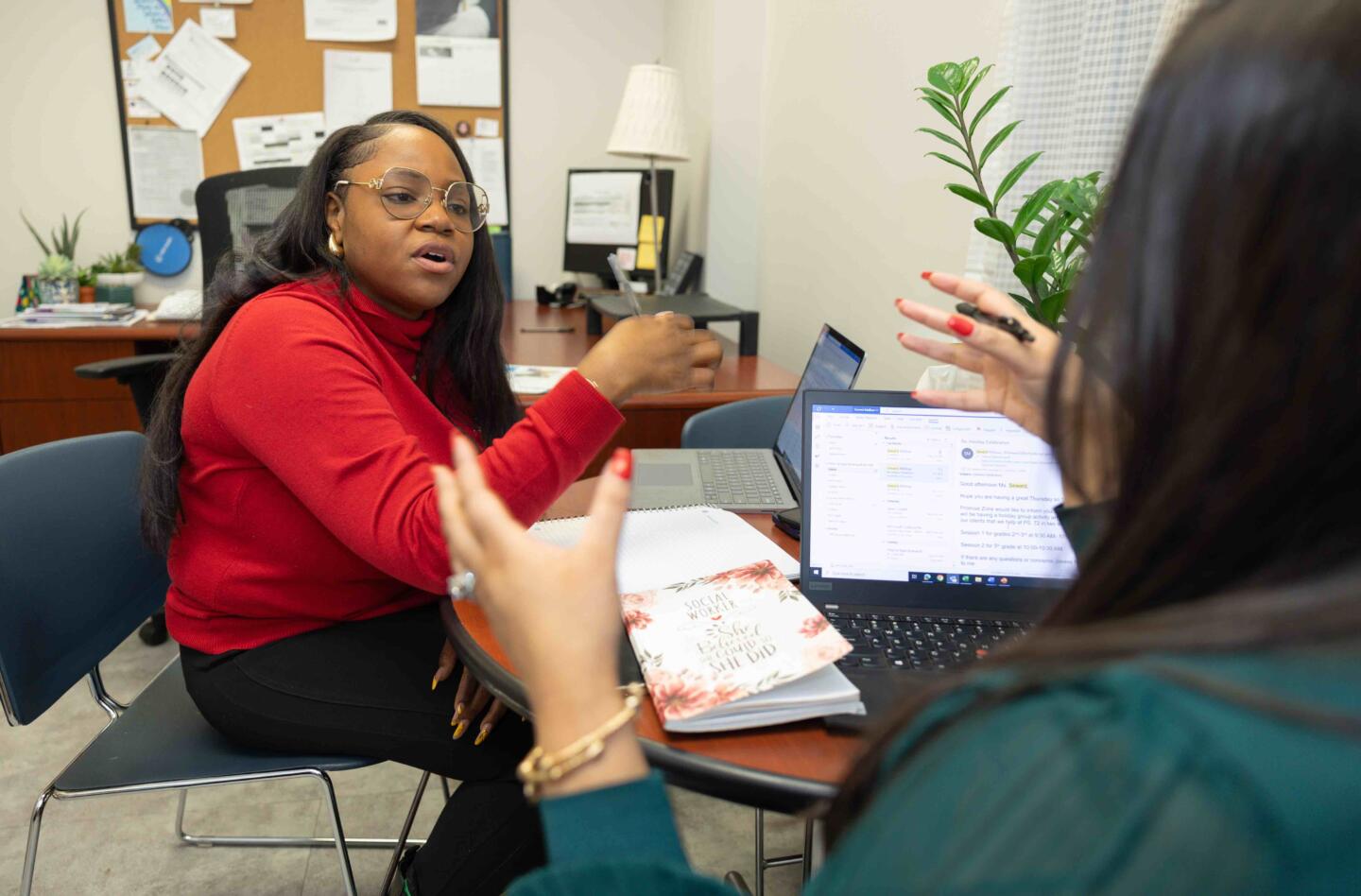
School is out by 2:00 or 2:30, so I’ll often have my one-on-one teacher consultations to discuss specific cases or issues after that. This is also when we do scheduled presentations for the teachers and staff on topics like how to identify trauma, or how to deescalate a child who is acting up.
4:00 p.m.
I head home between 3:30 and 4:00, but because I also work for our Bronx FRIENDS Clinic, my VNS Health day doesn’t end then!
5:00 p.m. – 7:30 p.m.
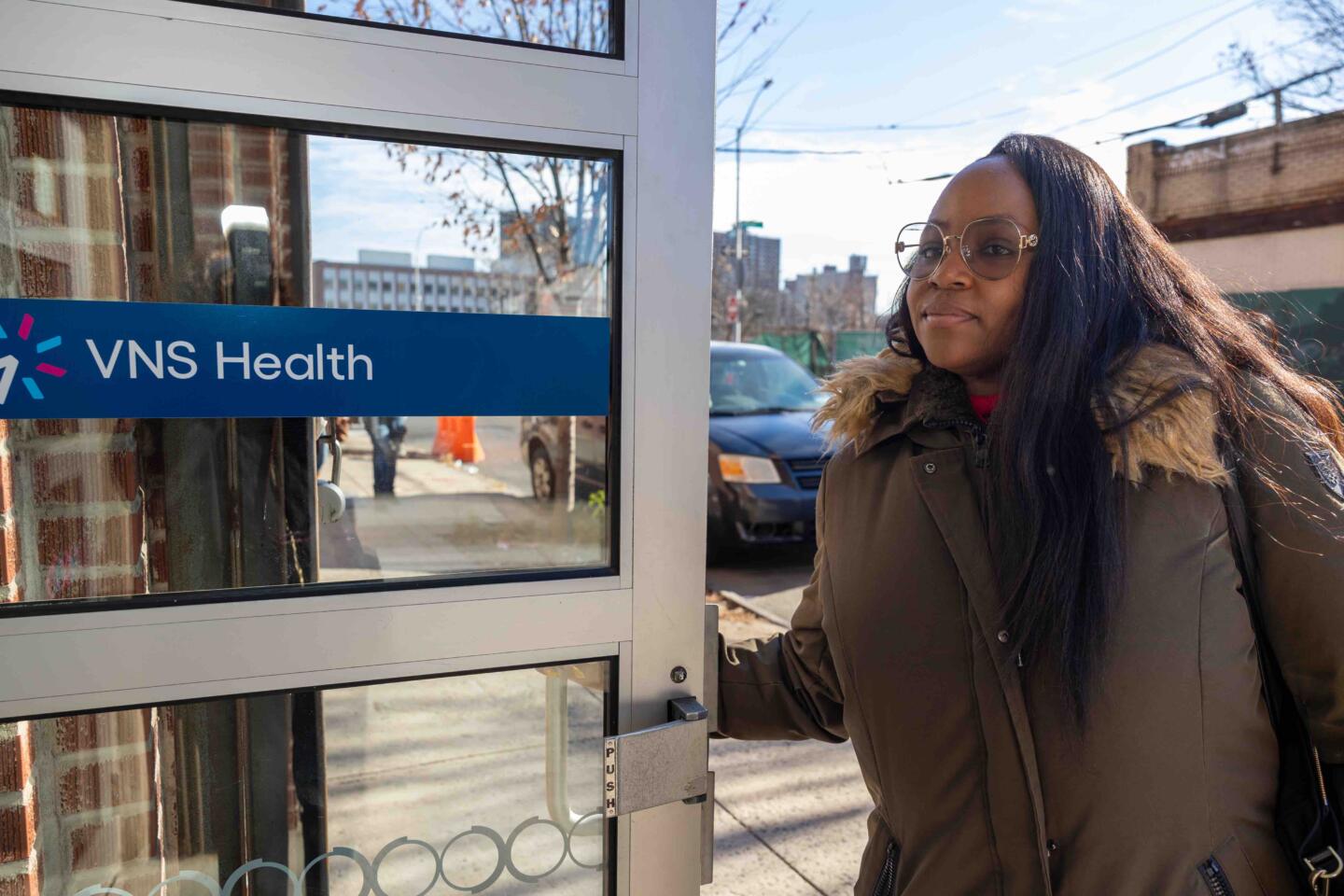
Almost all of my work for the FRIENDS Clinic is virtual, so I do sessions from my home via telehealth. Most of the clients I serve at the clinic are adolescents facing challenges like ADHD, depression, or suicidal ideation. Sometimes the sessions might include the parents as well.
We recently got a one-time grant to pilot a bereavement program for children aged 5-18, and I support that initiative as well. That’s the one thing I do in-person for the FRIENDS Clinic. The other day I met with two young men, teenagers, whose recently lost their baby brother. We split up the bereavement groups by age, so my colleague met with their two younger siblings. It’s a very valuable program, and we’re hoping to get more funding so we can keep it going.
8:30 p.m.
I used to struggle a little with work/life balance, but I’ve gotten better at disconnecting at the end of the day. At 8:30, I eat dinner with my husband and we spend time together before bed. Sometimes I’ll make a few calls and catch up with family.
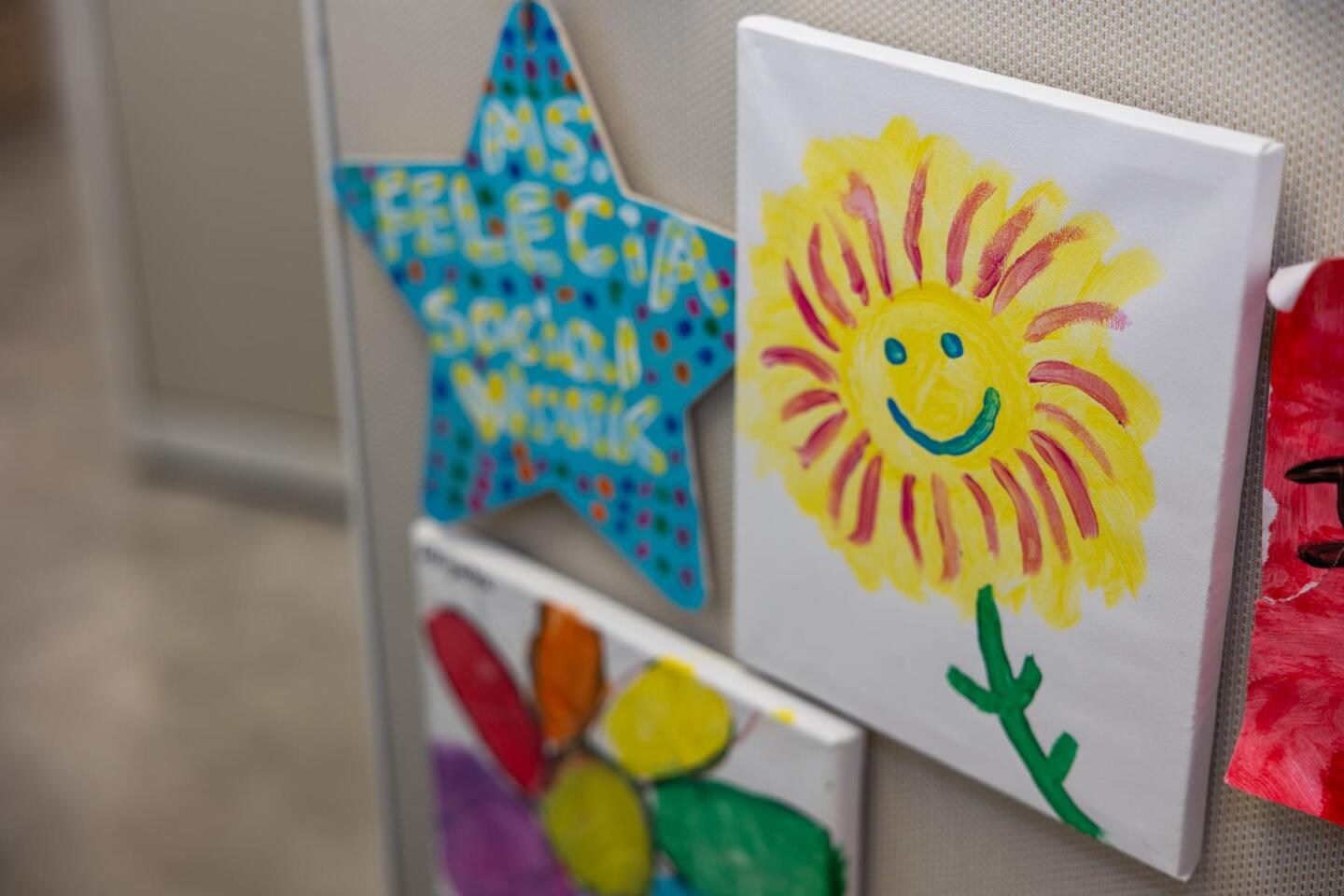
I love my job, even though it involves sad or difficult family situations. I work really hard not to let it consume me, because that wouldn’t be good for me—which means that I couldn’t be my best self for the kids I serve. And the work is so rewarding. I’ve run into past clients who were kids or teens when I worked with them, and now they’re social workers and nurses or teachers. One just got her doctorate! To see how their lives and circumstances have changed, and how resilient they are, is amazing. It’s why I work with kids. For vulnerable, at-risk children, getting support and intervention and preventative help in their younger years does so much to reduce or prevent struggling later in life. It can literally turn a life around.
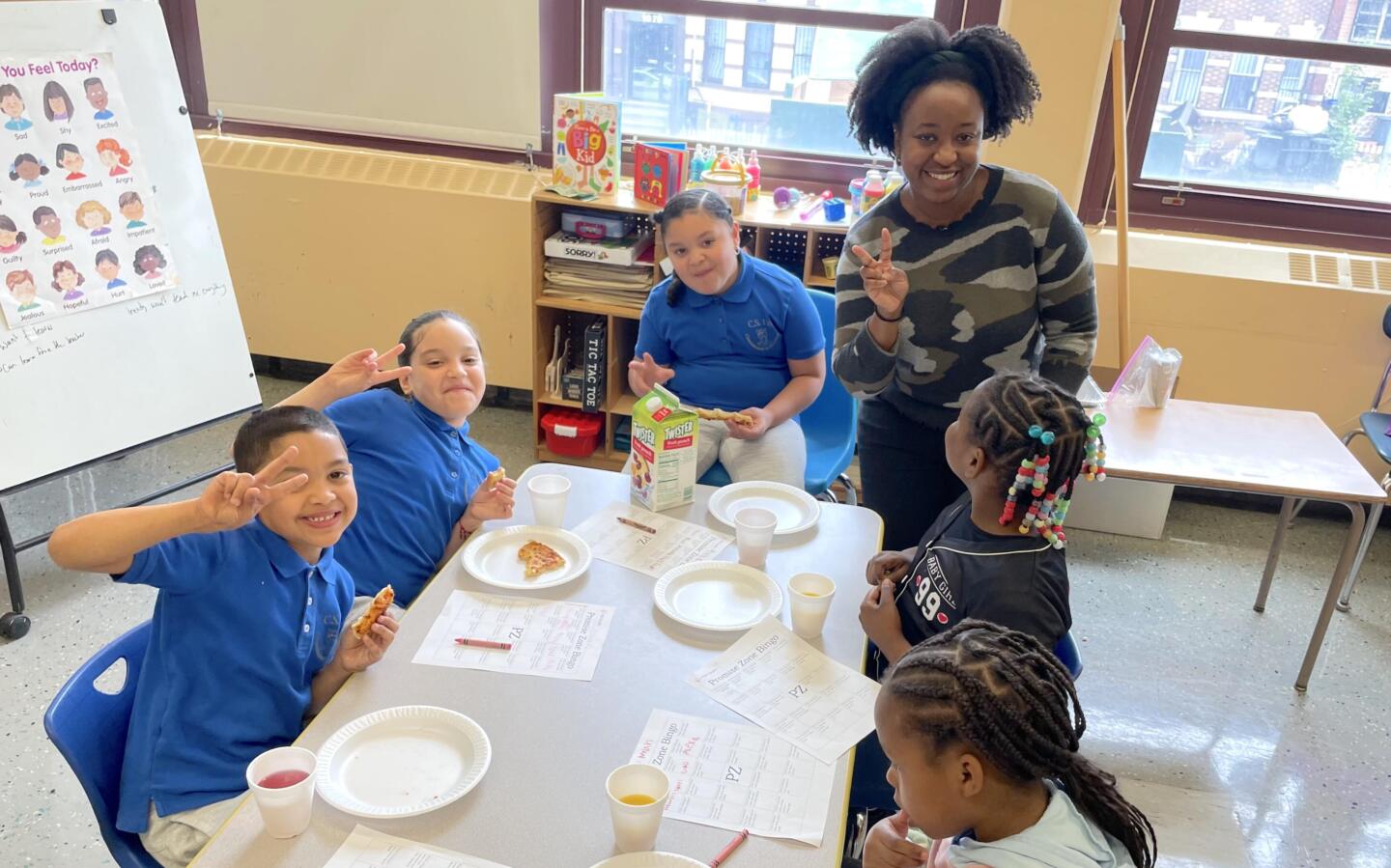
To read more Day in the Life profiles, click here.
